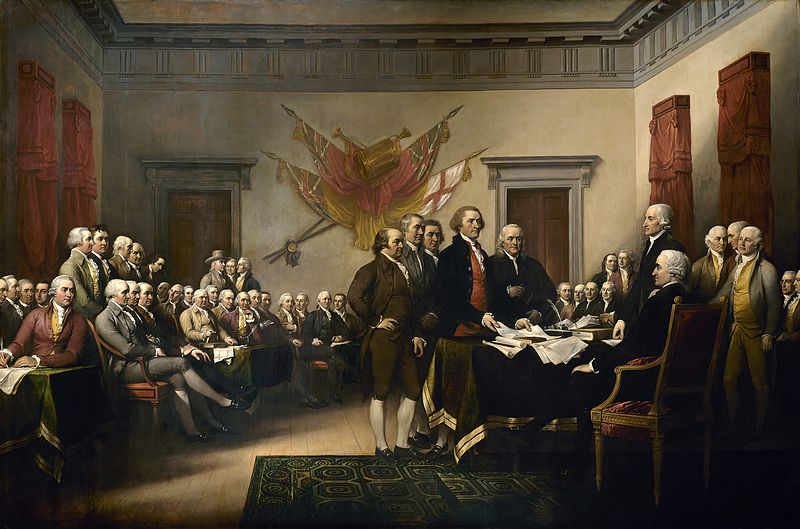Don’t get me wrong. I believe in Modernity. I believe, when properly understood, it is thoroughly Christian. I believe the concept of human rights is fundamentally important.
But I sometimes cringe when Christians, and particularly the highest authorities of the Church, defend positions using the rhetoric of human rights. This rhetoric is entirely appropriate in many cases, especially when talking to people who value the rhetoric of human rights highly, but still.
First of all, there’s a rhetorical reason: when the Church equates justice with human rights, when we say that, for example, we build hospitals because people have a “right to health”, we are implicitly making Christianity subject to Modernity. We are implicitly saying that Christianity is subject to human rights and acceptable only insofar as it is compatible with (your interpretation of) human rights. That’s not what you’re actually doing or meaning to do, but rhetorically that is what you are doing. You are using not your terms but somebody else’s. You are not proclaiming the Gospel. Martin Luther King sometimes spoke in the language of rights, but that’s not what we remember most, and that’s not why he had such an impact.
But more importantly, here’s what Christianity teaches: God created man and woman in His image, and as such they have inherent dignity. This means that, in relationship with the body politic, each man is indeed endowed with certain inalienable rights. It is true. But it is only a part of the story of what Christianity says about humanity. The fundamental thing about man is not that he has rights. The fundamental thing about man is that he is made in the image of God. He is more than a bundle of rights awaiting fulfillment.
When we rip human rights out of this broader tapestry, we lose important things.

















